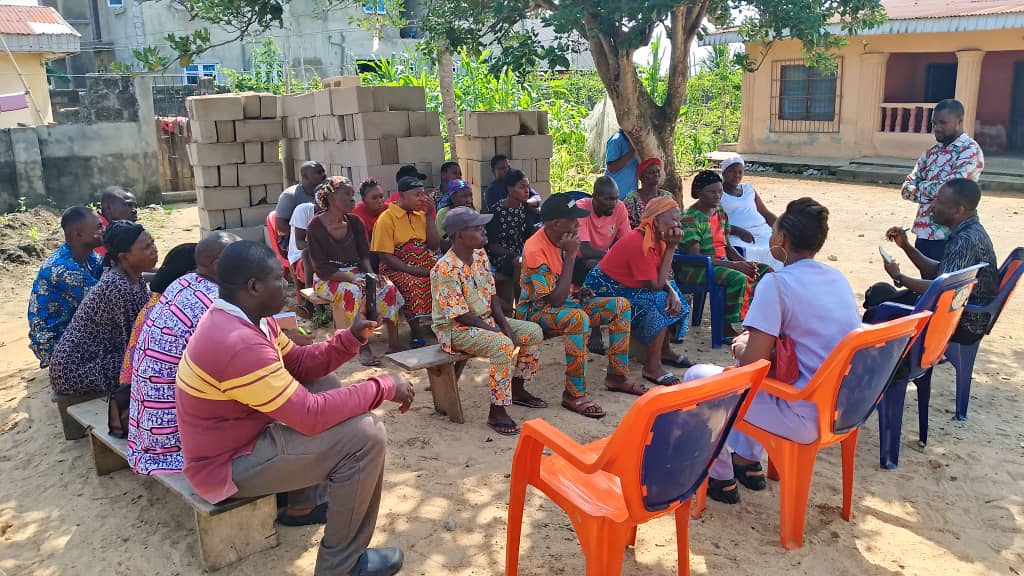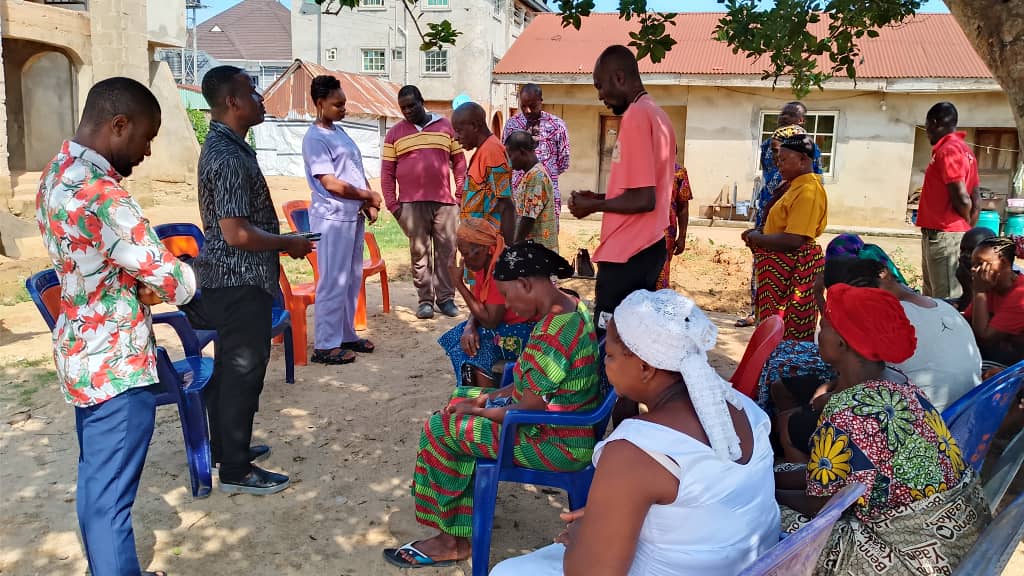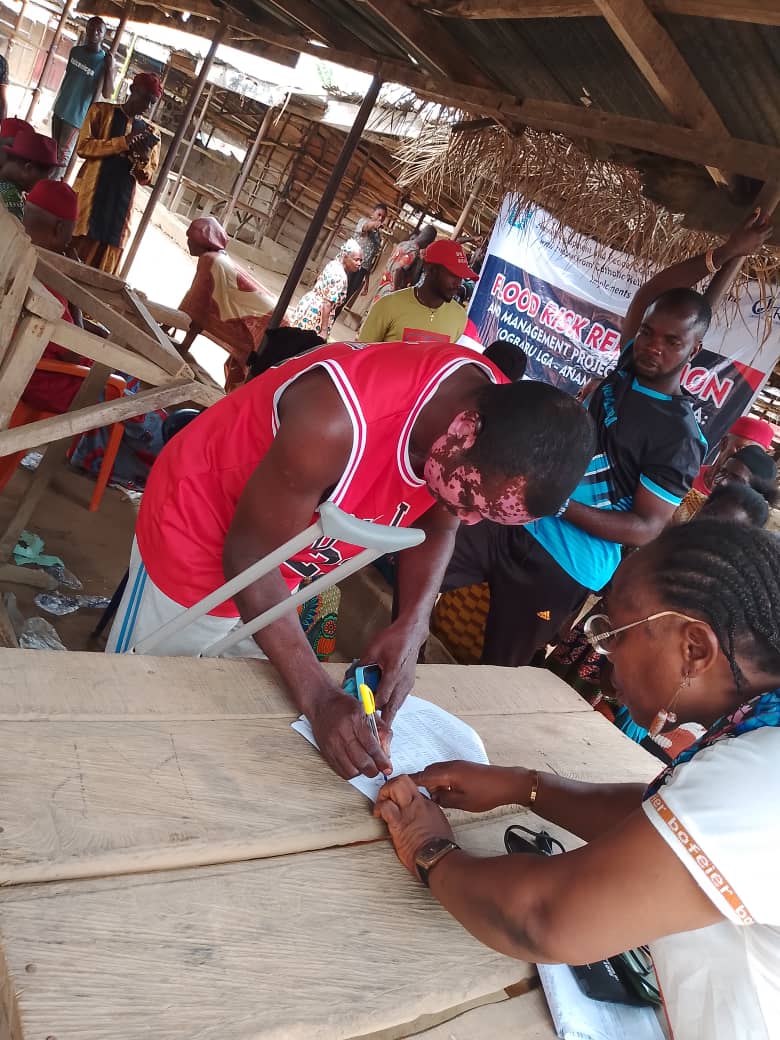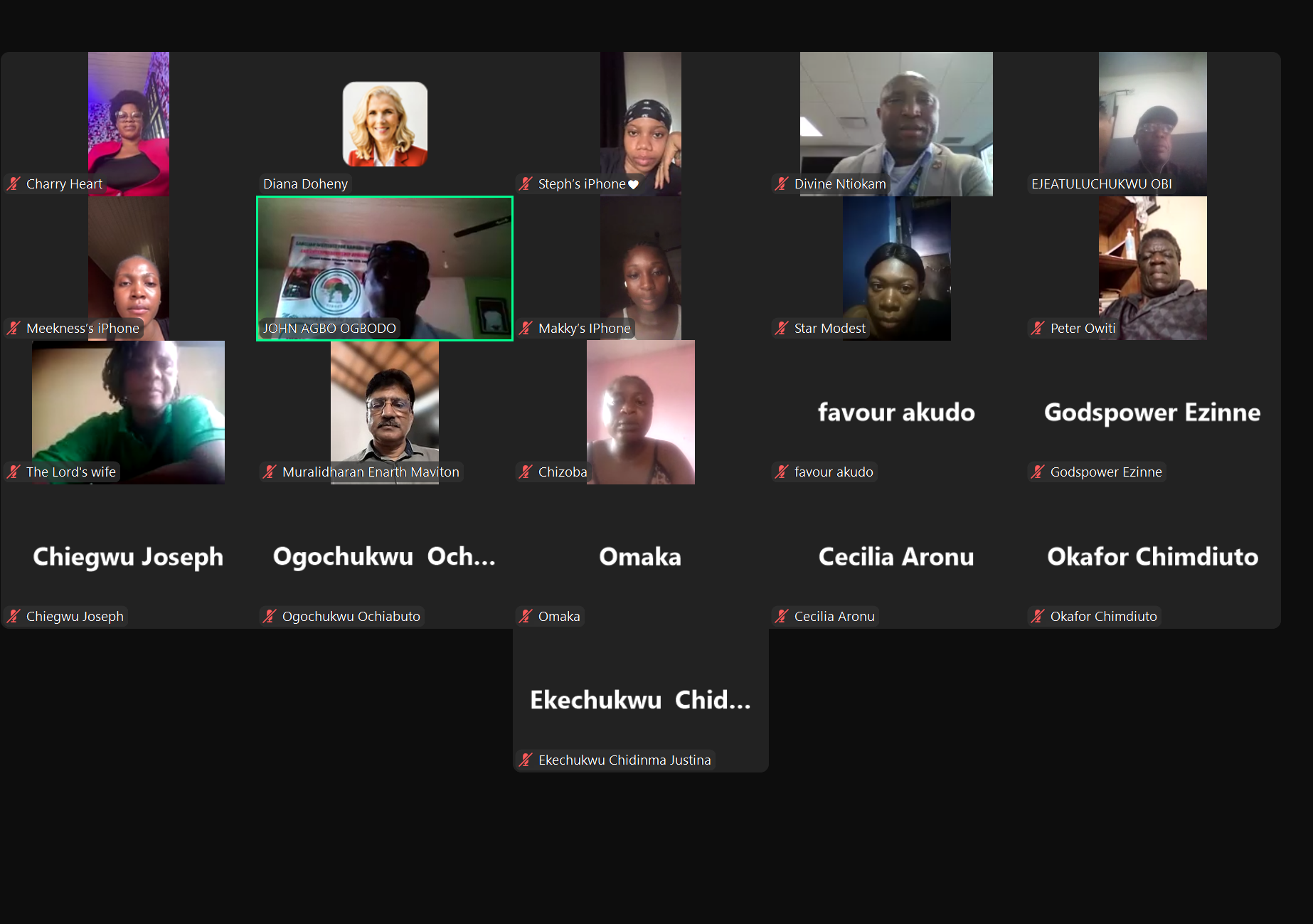The Instructional Capacity Strengthening Coordinator, Catholic Relief Services (CRS), Anselm Nwoke, has extolled the humanitarian intervention of the Justice Development and Peace Caritas (JDPC) Onitsha in Anambra State.
JDPC Onitsha is current executing a Flood Risk Reduction and Management in Nigeria project in Ogbaru.
The project is managed by CRS with funding from Margaret A. Cargill Philanthropies (MACP).
The disaster risk reduction initiatives under the project run from August 2024 to November 2025, in 12 flood-affected communities.
The project’ seeks to lessen the devastating impact of recurrent floods by enhancing disaster preparedness and restoring critical infrastructure.
It is also safeguarding lives and livelihoods, and building long-term community resilience.
Addressing newsmen after an extensive tour of project sites, Nwoke said it was quite revealing.
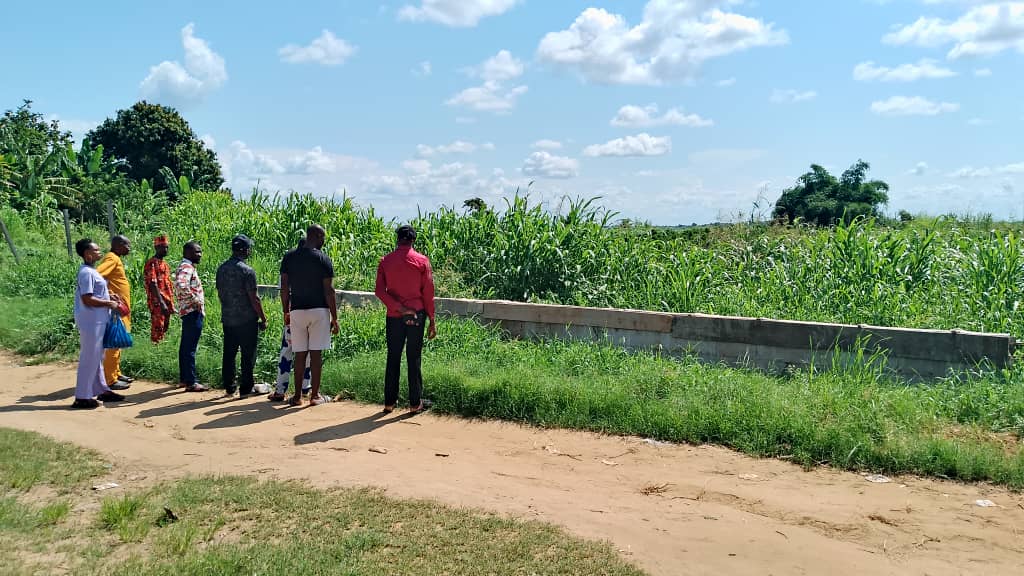
“This journey deepened my understanding of the lived experiences of flood-affected communities – the relentless hardship, the quiet strength, and the profound impact that targeted support can have.
He described the 5-day field visit as a window into resilience, dignity, and the power of reaching those who are too often left behind.
The CRS Representative said interventions include rehabilitation of essential facilities such as schools and health centers.
Others are construction of flood barriers, community capacity-strengthening, livelihood support, and establishment of and collaboration with Local Disaster Risk Management Committees (LDRMCs).
Visit as eye opener
Nwoke said the visit was an eye-opener on many levels.
“It provided a rare opportunity to interact directly with JDPC Onitsha’s dedicated staff and volunteers, local leaders, health workers, teachers, women, men, and other community members who are deeply connected to this project.
“Although I had heard of Ogbaru before, I never grasped the sheer vastness or isolation of some of its communities,” Nwoke remarked.
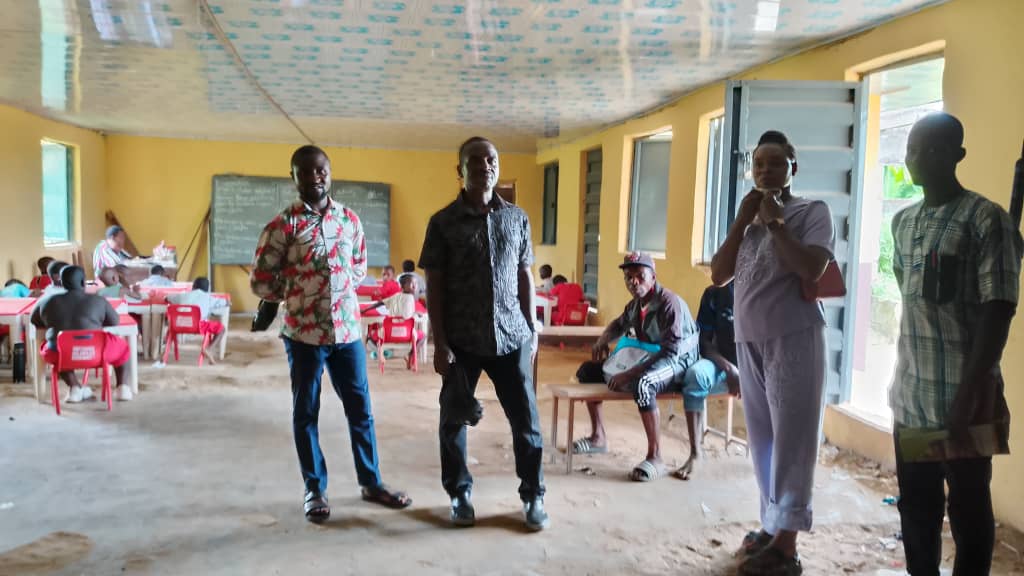
According to him, reaching Akili Ogidi and Ogwu Ikpele was a test of resolve and resourcefulness.
“We traveled by motorbike for over an hour after the road ended in Ossamala, often navigating difficult terrain on foot.
“Akili Ogidi and Ogwu Ikpele are not just “hard-to-reach” communities—they are seemingly forgotten enclaves cut off by geography and, during the rains, they can only be accessed through the River Niger.
He described the choice of such communities by JDPC Onitsha as proof of its commitment to vulnerable populations.
“The headmaster of Ogwu-Ikpele Primary School, Mr. Nwafili Nnamdi Philip, spoke movingly about how the community never imagined being part of such a project.
“His words underscored just how transformative inclusive development can be when it reaches the margins.
Intervention cherished at Ohita
He savoured the rate at which the people of Ohita cherished the project’s efforts in their locality.
“The role of LDRMCs at the grassroots needed greater emphasis.
“The community level structures are closer to the people and more responsive than interventions routed through structures situated at the local government level.
“At Ogwu Ikpele, we visited the primary school undergoing renovation. Most of the structural work, including sanitation facilities, had been completed.
“It was heartwarming to see children already using the new classrooms – a powerful symbol of hope returning to the community.
Nwoke also appreciated the findings at Akili Ogidi, with a newly constructed health center.
He commended the community’s active involvement, including handling the electrical installations.
“In a meeting at the traditional leader’s palace, community leaders expressed gratitude for the intervention.
“They equally requested an extension of the flood embankment to protect even more vulnerable areas,” Nwoke concluded.
